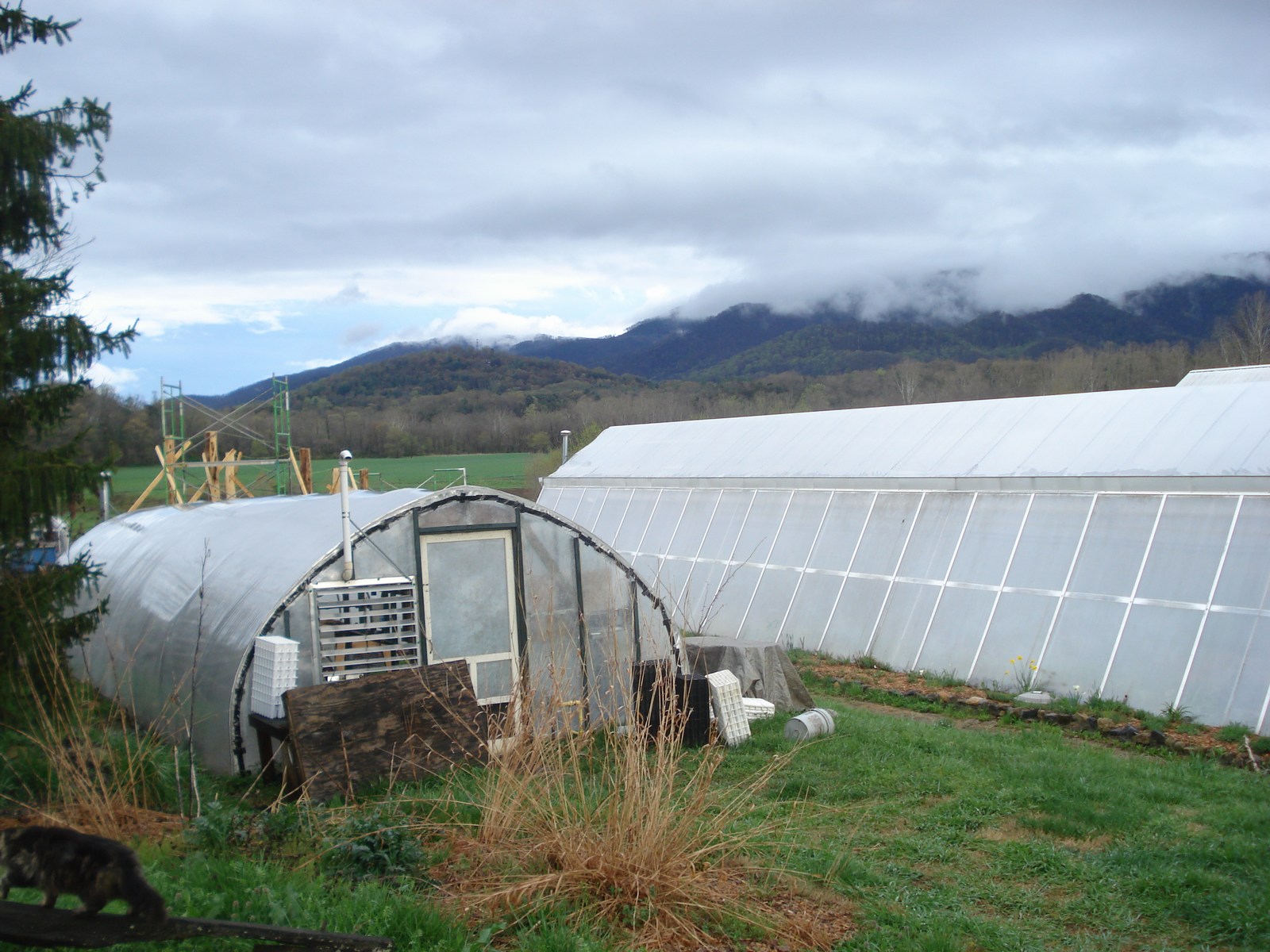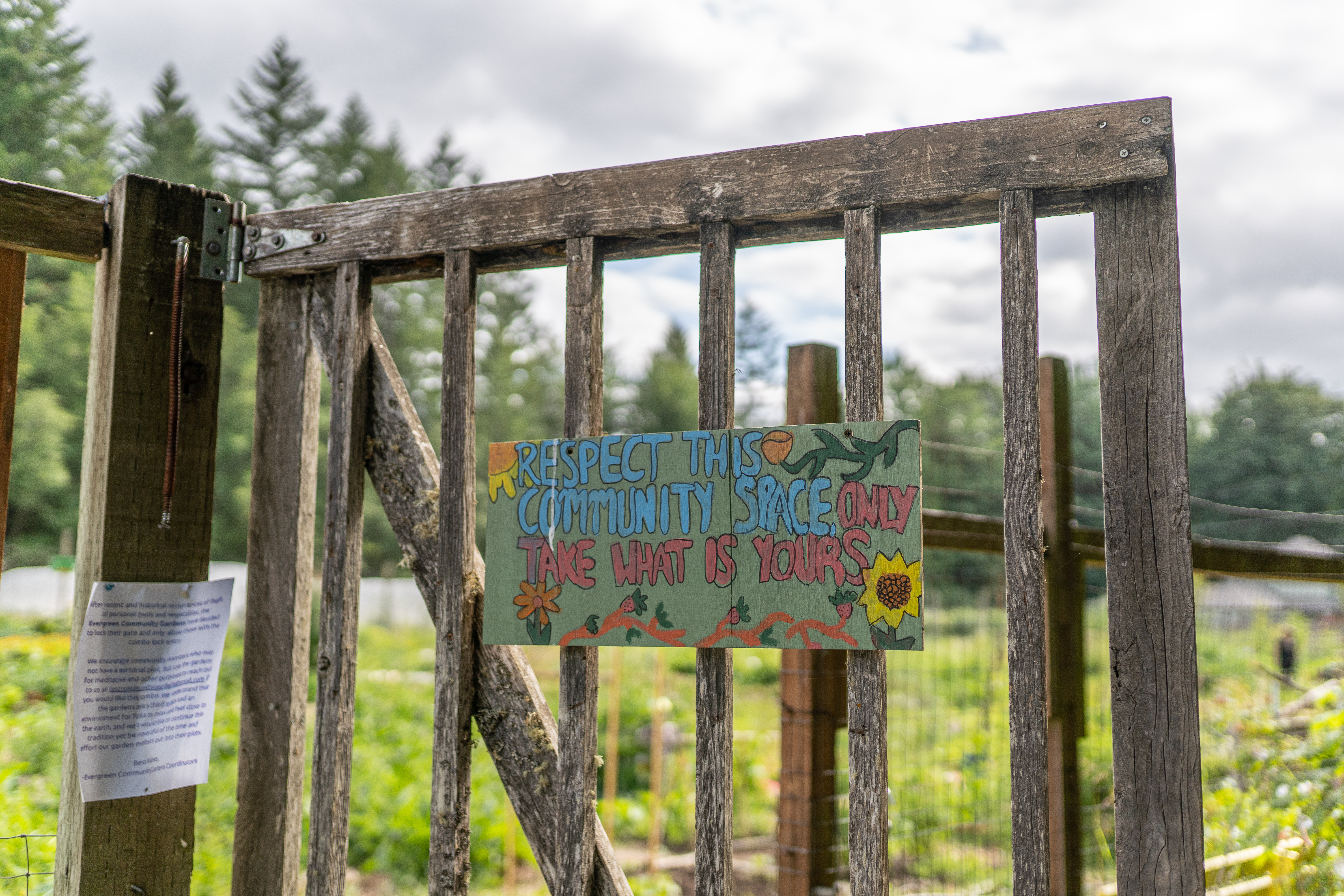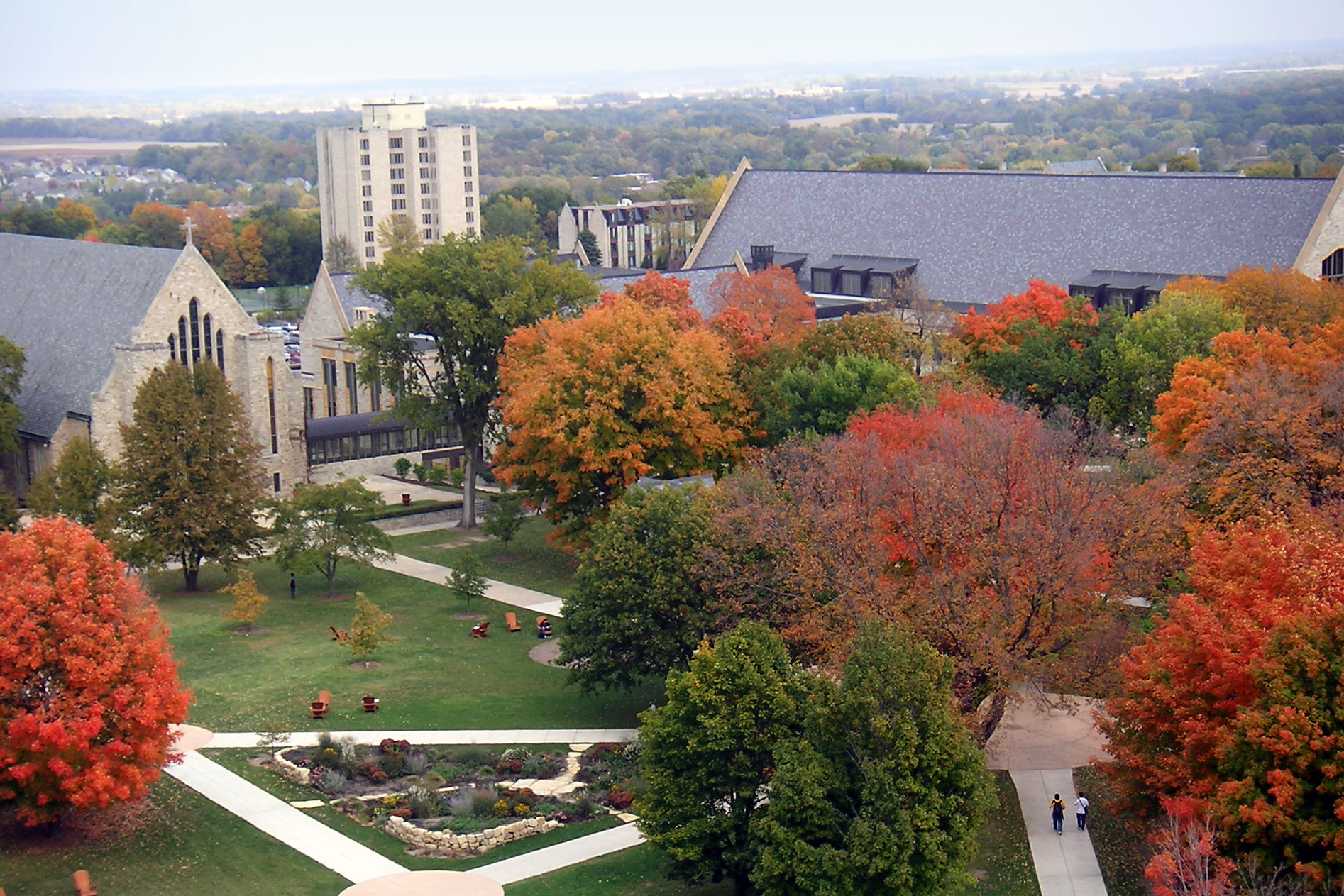12 American Colleges With Irresistible Farm-to-Table Cafeterias
In recent years, the farm-to-table movement has gained significant traction, reshaping the way people think about food and sustainability. This culinary philosophy emphasizes sourcing ingredients directly from local farms to ensure freshness, flavor, and minimal environmental impact. As awareness of health and sustainability grows, colleges across the nation are embracing this approach, transforming their dining services to offer students not only nutritious meals but also an education in responsible consumption. This article explores the top 12 college campuses where farm-to-table dining is not just a trend but a way of life, delighting students with every meal. These institutions are not only feeding their students but also fostering a deeper connection to the land and communities that support them.
1. University of California, Davis: A Leader in Sustainable Dining

UC Davis stands out as a pioneer in sustainable dining, thanks to its robust agricultural programs and commitment to sustainability. The campus operates several student-run farms that supply fresh produce directly to dining halls. This not only ensures a steady stream of seasonal ingredients but also provides students with hands-on learning experiences. The university's dining services are committed to serving meals made from scratch using local and organic ingredients, reducing the reliance on processed foods. UC Davis also hosts events and workshops focused on sustainable agriculture, allowing students to explore the complexities of food systems and their impact on the environment.
2. Middlebury College: Integrating Local Food into Campus Life

Located in Vermont, Middlebury College is renowned for its commitment to environmental responsibility and local sourcing. The college partners with numerous local farms to supply its dining halls with fresh produce, dairy, and meats. Middlebury's dining services emphasize scratch cooking, ensuring that meals are not only nutritious but also flavorful and diverse. The college's commitment to sustainability extends beyond the dining halls, with initiatives such as composting and waste reduction programs. Middlebury also offers courses and extracurricular activities focused on food systems, providing students with a comprehensive understanding of the importance of local sourcing and sustainable practices.
3. Yale University: Culinary Excellence Meets Sustainability

Yale University has long been a leader in culinary excellence, and its dining services are no exception. The university's commitment to sustainability is evident in its partnerships with local farms and food producers, which supply fresh ingredients to its dining halls. Yale's chefs are dedicated to creating innovative and delicious meals that highlight the flavors of seasonal produce. The university also offers a variety of educational programs focused on food and sustainability, encouraging students to explore the connections between their meals and the environment. Through these initiatives, Yale is fostering a culture of responsible consumption and culinary appreciation among its students.
4. Warren Wilson College: A Campus Farm at the Heart of Dining

Warren Wilson College in North Carolina takes farm-to-table dining to the next level with its on-campus farm, which supplies a significant portion of the food served in its dining halls. The farm is operated by students, providing them with hands-on experience in sustainable agriculture and food production. This unique approach ensures that students are not only consuming fresh, local food but also actively participating in its cultivation. Warren Wilson's dining services prioritize scratch cooking and the use of organic ingredients, creating meals that are both delicious and environmentally friendly. The college's commitment to sustainability is further demonstrated through its composting and waste reduction programs, which help minimize the environmental impact of its dining operations.
5. University of Vermont: A Commitment to Local and Organic Foods

The University of Vermont (UVM) is deeply committed to sustainability, and its dining services reflect this dedication. UVM partners with local farms and food producers to supply its dining halls with fresh, seasonal ingredients, ensuring that students have access to nutritious and delicious meals. The university's dining services emphasize scratch cooking and the use of organic ingredients, reducing the reliance on processed foods. UVM also offers a variety of educational programs focused on food systems and sustainability, encouraging students to explore the connections between their meals and the environment. Through these initiatives, UVM is fostering a culture of responsible consumption and environmental stewardship among its students.
6. Colorado College: A Focus on Sustainability and Community Engagement

Colorado College is committed to sustainability and community engagement, and its dining services reflect these values. The college partners with local farms and food producers to supply its dining halls with fresh, seasonal ingredients, ensuring that students have access to nutritious and delicious meals. Colorado College's dining services emphasize scratch cooking and the use of organic ingredients, reducing the reliance on processed foods. The college also offers a variety of educational programs focused on food systems and sustainability, encouraging students to explore the connections between their meals and the environment. Through these initiatives, Colorado College is fostering a culture of responsible consumption and community engagement among its students.
7. University of Massachusetts Amherst: A Pioneer in Sustainable Dining

The University of Massachusetts Amherst (UMass Amherst) is a pioneer in sustainable dining, with a strong commitment to local sourcing and environmental responsibility. The university partners with local farms and food producers to supply its dining halls with fresh, seasonal ingredients, ensuring that students have access to nutritious and delicious meals. UMass Amherst's dining services emphasize scratch cooking and the use of organic ingredients, reducing the reliance on processed foods. The university also offers a variety of educational programs focused on food systems and sustainability, encouraging students to explore the connections between their meals and the environment. Through these initiatives, UMass Amherst is fostering a culture of responsible consumption and environmental stewardship among its students.
8. Oberlin College: A Tradition of Sustainability and Innovation

Oberlin College in Ohio has a long-standing tradition of sustainability and innovation, and its dining services are no exception. The college partners with local farms and food producers to supply its dining halls with fresh, seasonal ingredients, ensuring that students have access to nutritious and delicious meals. Oberlin's dining services emphasize scratch cooking and the use of organic ingredients, reducing the reliance on processed foods. The college also offers a variety of educational programs focused on food systems and sustainability, encouraging students to explore the connections between their meals and the environment. Through these initiatives, Oberlin is fostering a culture of responsible consumption and environmental stewardship among its students.
9. Evergreen State College: Cultivating Sustainability on Campus

Evergreen State College in Olympia, Washington, stands out for its deep commitment to sustainability and its unique approach to farm-to-table dining. The on-campus organic farm is a centerpiece of the college’s efforts, growing a wide variety of produce that is directly integrated into the meals served at dining facilities. Students play an active role in maintaining the farm, gaining hands-on experience in sustainable agriculture and food production. The college emphasizes scratch cooking with fresh, seasonal ingredients, offering a diverse menu that caters to a variety of dietary preferences and needs. Evergreen also runs workshops and events to educate students about food systems, encouraging a culture of environmental responsibility. This holistic approach ensures that students are not only consuming locally sourced meals but also learning about the importance of sustainable practices.
10. St. Olaf College: Fresh from the Northfield Fields

Located in Northfield, Minnesota, St. Olaf College combines its picturesque campus with a strong farm-to-table ethos. The college partners with local farms and suppliers to provide fresh produce, dairy, and meats for its dining services. Additionally, the on-campus STOGROW farm, run by students, contributes to the college’s dining program, fostering a direct connection between the fields and the plate. St. Olaf’s dining services prioritize scratch cooking, focusing on creating meals that highlight the flavors of the Midwest’s agricultural bounty. The college hosts food-themed events, such as harvest festivals and cooking demonstrations, to engage the campus community in conversations about sustainability. St. Olaf’s integration of local sourcing and educational opportunities makes it a leader in sustainable campus dining.
11. Hampshire College: Where Students Drive Sustainability

Hampshire College in Amherst, Massachusetts, takes a hands-on approach to farm-to-table dining through its student-run Hampshire College Farm Center. The farm supplies fresh vegetables, fruits, and meats directly to the campus dining hall, ensuring that meals are as fresh and sustainable as possible. Students are actively involved in the farm’s operations, from planting and harvesting to managing livestock. The dining hall menu changes seasonally to reflect the availability of local ingredients, and meals are crafted with a focus on scratch cooking and minimal food waste. Hampshire also integrates food systems education into its curriculum, allowing students to explore topics like sustainable agriculture, food justice, and environmental stewardship. This blend of education and practice makes Hampshire a model for farm-to-table dining.
12. Stanford University: Sustainability Meets Culinary Innovation

Stanford University in Palo Alto, California, is renowned for its cutting-edge research and innovation, and this ethos extends to its dining services. The campus partners with local farms and food producers to source fresh, organic ingredients for its meals. The R&DE Stanford Dining team emphasizes scratch cooking and seasonal menus, ensuring that students enjoy meals that are both nutritious and flavorful. Stanford’s “Farm to Fork” program connects students with local farmers and food artisans, offering workshops and farm tours to deepen their understanding of sustainable food practices. The campus also features edible gardens, where students can engage in growing their own produce. Stanford’s commitment to integrating sustainability with culinary creativity makes it a standout in the realm of campus dining.
The Future of Farm-to-Table Dining on College Campuses

As the farm-to-table movement continues to gain momentum, colleges and universities are playing a crucial role in shaping the future of sustainable dining. By prioritizing local sourcing, scratch cooking, and environmental responsibility, these institutions are not only providing students with nutritious and delicious meals but also fostering a deeper understanding of food systems and their impact on the environment. The campuses highlighted in this article are leading the way in this culinary revolution, demonstrating that farm-to-table dining is not just a trend but a vital component of a sustainable future. As more colleges embrace this approach, the benefits will extend beyond the dining halls, influencing the broader community and inspiring a new generation of environmentally conscious consumers.








